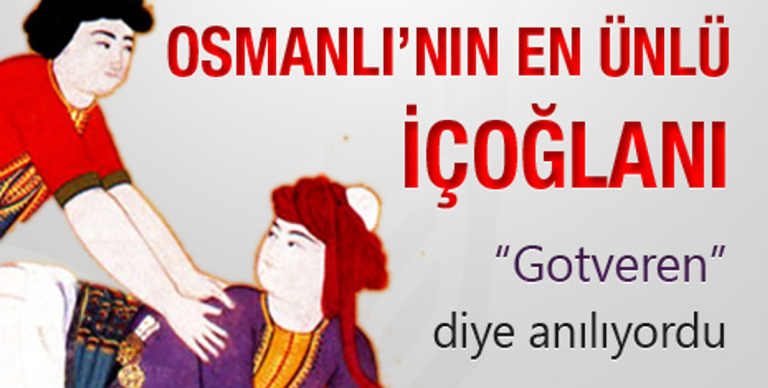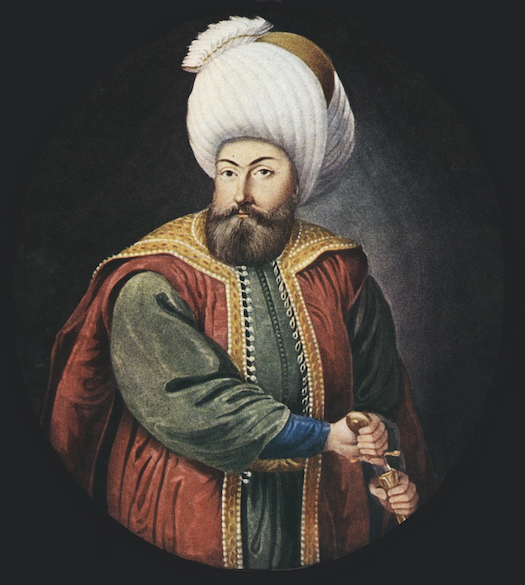
A documentary unveils the hidden world of Ottoman içoğlanlar–male concubines–and their dangerous path to power
New York, N.Y. – In the shadowed corridors of the Topkapi Palace, where the scent of rose oil mingled with whispers of ambition and betrayal, a forgotten world once pulsed with life, ritual, and silence.
This is not the tale of emperors as history books have told it—of conquests, treaties, or glorious victories. This is the unseen empire behind the empire.
A groundbreaking documentary is pulling back the veil on one of history’s most secretive institutions: the Enderun, the Ottoman palace school that transformed stolen boys into the most powerful advisors in the empire.
Through rare archival insights and immersive visuals, this cinematic journey resurrects the untold lives of the içoğlanlar—the boys of the interior who lived in gilded captivity within the Abode of Felicity.
The Architecture of Human Transformation

The Enderun system represented something unprecedented in human history: a machine for manufacturing loyalty through beauty, intellect, and absolute dependence.
Boys, typically aged eight to fourteen, were taken from Christian villages across the Ottoman Empire through the devshirme system—a human tax that stripped families of their sons forever.
These children arrived at the palace with nothing but their names, which were immediately erased. In their place, they received new identities, new languages, and new purposes.
The transformation was total: Christian boys became Muslim servants, village children became courtiers, and innocents became instruments of imperial power.
The Privy Chamber—the innermost sanctum of imperial authority—became their world. Here, decisions that shaped continents were whispered between velvet curtains and flickering lamps.
But this chamber held more than secrets of state; it harbored the most delicate, dangerous, and disposable instruments of power.
Beauty as Currency, Silence as Survival
Within the palace walls, beauty was power, loyalty was survival, and silence was the price of breath. The içoğlanlar were educated in the divine beauty of verse, schooled in the violent grace of the sword, and taught to please a ruler who owned everything, including them.
Their education was comprehensive and ruthless. They studied Persian poetry, Arabic calligraphy, Turkish literature, and the subtle arts of court protocol. They learned to move like dancers, think like scholars, and fight like warriors. Perfection was the minimum standard—one flaw, one slip, could mean disappearance into the waters of the Bosphorus, silently, without record.
The ultimate prize—being chosen by the Sultan himself—was also the ultimate risk. These boys became advisors to emperors and companions in all but name. The face of a beautiful youth might launch political schemes more deadly than any army, while a whispered word could topple viziers or redirect the course of nations.
The Paradox of Privileged Captivity
The documentary explores a world where poetry cloaked possession, where music softened chains, and where devotion could elevate a slave to the ear of God’s shadow on Earth. Yet behind every silk-draped wall lurked envy, danger, and the unblinking gaze of those eager to claim another’s fall as their rise.
Power, when gifted by a Sultan, came with no guarantees. The içoğlanlar existed in a state of perpetual uncertainty, their fate dependent on the whims of their master and the machinations of their rivals. They were simultaneously the most privileged and most vulnerable members of Ottoman society.
Historical Amnesia and Rediscovered Truths
The systematic erasure of these stories from official histories speaks to the deliberate nature of historical amnesia. The içoğlanlar were written out of Ottoman records not by accident but by design. Their existence challenged too many narratives about power, sexuality, and the nature of empire itself.
Recent scholarship has begun to piece together their stories through surviving palace records, diplomatic correspondence, and architectural evidence. The documentary draws on these sources to reconstruct not just the mechanics of the system but the human experiences within it.
A Mirror for Modern Power
This is not just Ottoman history. It is a meditation on power’s most intimate expressions and history’s most deliberate omissions. The story of the içoğlanlar reveals how empires have always understood that the most effective control operates not through force but through the manipulation of desire, identity, and belonging.
Their stories, long buried beneath polished marble and revised memory, rise once more—not as myths, but as real, breathing echoes of a history that dared not be remembered. In an age when we continue to grapple with questions of power, exploitation, and the price of proximity to authority, their voices carry urgent relevance.
Summary
This documentary unveils the hidden world of Ottoman içoğlanlar—boys stolen from their families and transformed into the empire’s most powerful advisors. Living in gilded captivity within Topkapi Palace, they navigated a dangerous world where beauty was power, loyalty meant survival, and silence was the price of breath. Their forgotten stories reveal how empires have always understood that the most effective control operates through the manipulation of desire, identity, and belonging—lessons that remain disturbingly relevant today.
Yoast SEO Focus Key Phrase: